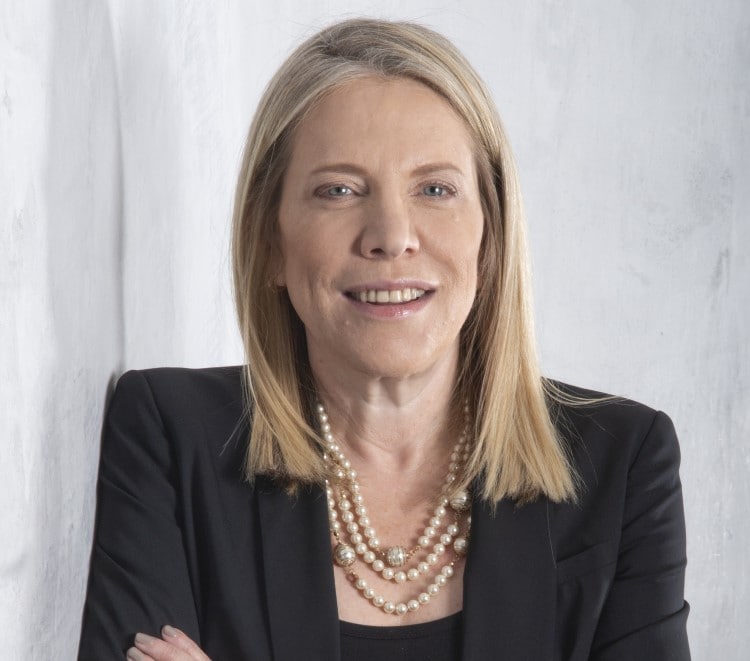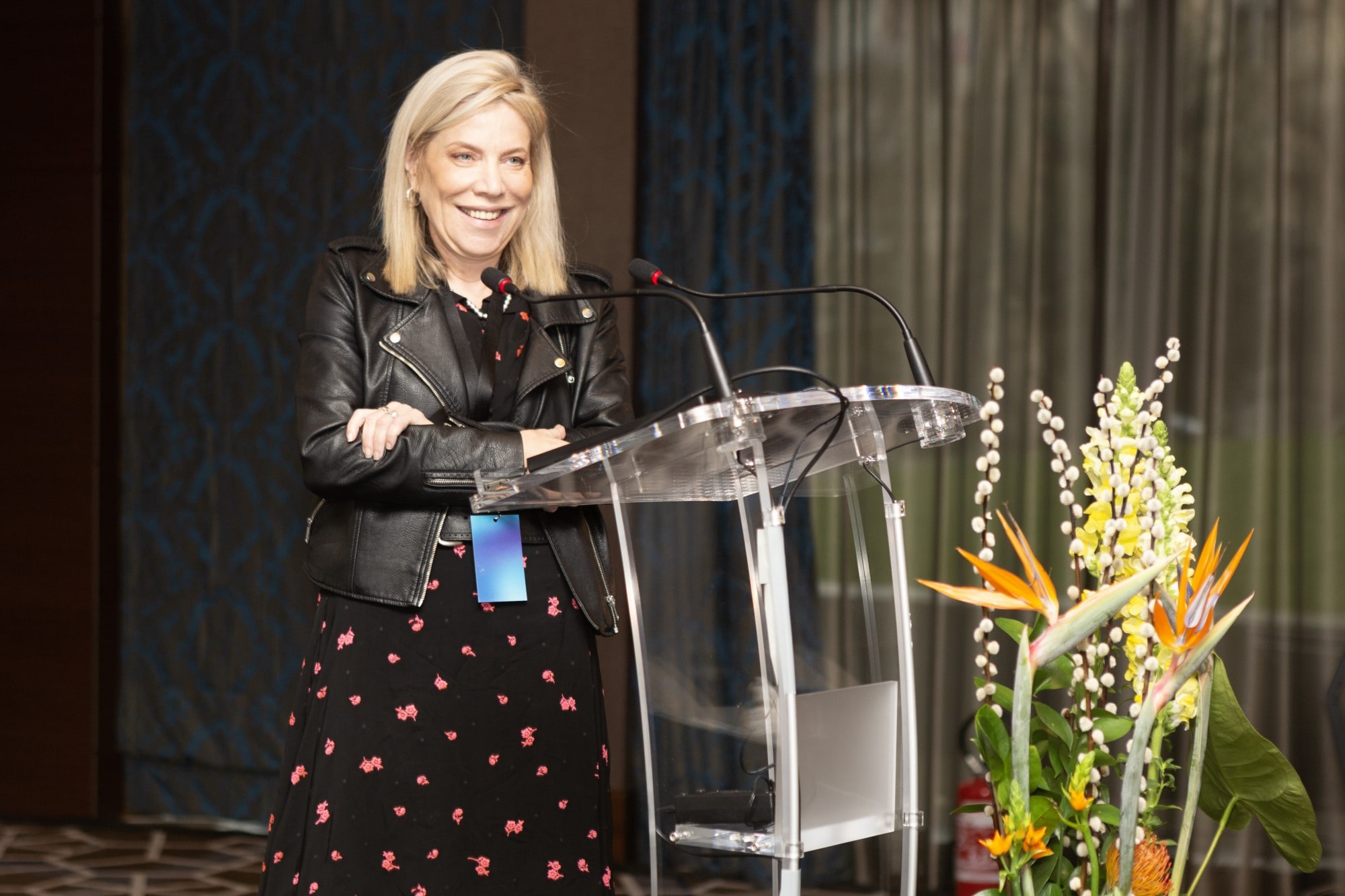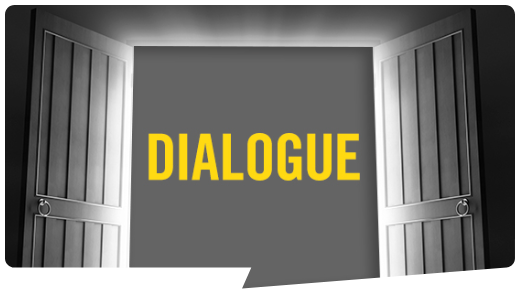One evening in October 2019, I read a report by Credit Suisse on the benefits of having women in the boardroom. Not everyone’s choice of bedtime reading, for sure, but well worth the effort. And its conclusion was clear: It pays to have women at the top.
Contrast that finding with the audible chorus of disgruntlement among gender-equality advocates in Davos this week, and you realize long-entrenched issues around leadership imbalance remain far from resolved.
“Ten years too late” was the riled riposte coming from the Female Quotient’s Equality Lounge, following the World Economic Forum’s pledge to make its formal program gender equal by 2030. Quick to respond, WEF reiterated its EQUAL-SALARY certification, which verifies equal pay for equal work.
While I can appreciate the proactive steps that WEF has taken—particularly as the company I work for is the only multinational to have achieved EQUAL-SALARY certification globally—I, like many of those in the forums, have to ask why the world needs to wait yet another decade for something that should have happened long ago. Only with gender-balanced, inclusive and diverse workforces that represent society at large can we, as business leaders, fully understand the needs of our consumers and deliver better solutions for all.
Credit Suisse’s 2019 CS Gender 3000 study underscores the point, revealing that family-owned companies with at least 10 percent women executives had outperformed their male-only counterparts by around 410 basis points per year since 2014. Similarly, a survey by the Peterson Institute for International Economics found evidence that having women in C-level positions (e.g., CEO, CFO, COO) is associated with higher profitability.
Data of this nature speaks loudly to the positive influence female execs have on bottom lines, and would certainly seem to provide an incentive to have more women in the upper echelons. And sure enough, the number of women in senior management roles globally reached its highest level on record in 2019. Great news—until you discover that this highest level is … wait for it … a mere 29 percent.
Seriously? Even with many women taking time away from work to have and raise children, that figure seems stunted. Let’s stop pretending that women bumping up against obstacles in the workplace can be explained away by maternity leave.
Enough already. Companies need to stop thinking of adding female leaders to the roster as a box-ticking exercise and begin to recognize it for what it is: a business decision that reaps rich rewards. Why put those rewards off? In addition to the other inherent values women bring to executive positions, we offer experience and insights vital to connecting with female customers. I doubt there’s a woman out there who hasn’t watched a TV advertisement or picked up a product off the shelf and wondered, “What were they thinking?”
Further instances of “What were they thinking?” are portmanteaus such as “she-eo,” “momager,” and “mompreneur,” which have entered the lexicon as picture captions, social media hashtags, and T-shirt slogans. Some women may find these buzzwords empowering—a feminized nomenclature that promotes female leadership. I find them inhibiting and condescending. Attention-grabbing, female-centric terms for positions that should be gender-neutral? A hard pass from me.
Feminized labels serve only to perpetuate the myth that entrepreneurship and managerial positions belong to men. They don’t. By ditching “mompreneur” for “entrepreneur” and “momager” for “manager,” we can recognize that a woman is in business for her talents, without regard to her childbearing status.
We also need to be more considered when it comes to stereotypes. A bugbear of mine is this idea that a businessman hits his peak at 60, while a woman of the same age and position is considered past her sell-by date. Take it from me, a woman of 60, that I’m at my peak. Judging from the buzz going around Davos this week, I would say the same of new European Commission president Ursula von der Leyen, who’s a year my senior, and U.S. Speaker of the House (and laser-sharp pugilist) Nancy Pelosi, who turns 80 this spring.
I’m proud to be a female leader in a male-dominated industry (in spite of the sexist vitriol I occasionally encounter on social media). But I’ve no interest in being the exception. We need women in positions of power to be the new normal. And they very well should be, as the research from Credit Suisse and the Peterson Institute attests.
I’ve made it clear over the past year and a half that I’m inspired and driven by the transformation PMI is undergoing as it works to replace cigarettes with scientifically substantiated better alternatives for those adults who otherwise would continue to smoke.
I’m equally inspired and driven by my company’s commitment to gender equality. We’re enormously proud to be the first multinational to be EQUAL-SALARY certified in every market in which we operate. That’s a huge deal, but we fully recognize that we—like most other global corporations—have room for improvement.
Only with gender-balanced, inclusive and diverse workforces that represent society at large can we, as business leaders, fully understand the needs of our consumers and deliver better solutions for all.
PMI is targeting 40 percent of management positions to be held by women by 2022. For now, I remain one of just two women in our senior management meetings. Lone female voices can feel more pressure to make their presence felt, as well as an obligation
to represent our entire gender in a way that men are never expected to. We have a special burden on us to speak up with assertiveness, authority, and purpose to showcase our indisputable value—easing the door open for other talented women to
step inside. And ensuring it never shuts on us again.
The word coming out of Davos—in official sessions and sidewalk chats—is that business leaders need to stop making excuses and start tapping into the rich veins of female talent out there. It is undeniable that the world’s most complex
issues are best countered by the problem-solving talents, innovations, and solutions found in diverse senior leadership teams of mixed races, experiences—and genders.
Women in the business world aren’t looking for favors—or special treatment. I would simply ask corporate leaders to pause and ask themselves one simple question: Why are we operating without the best available talent?
* Marian Salzman was appointed SVP & Advisor to the CEO of PMI’s U.S. Business in September 2024.












